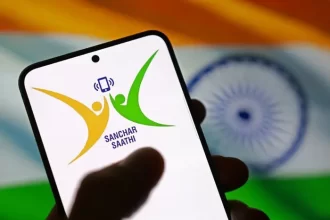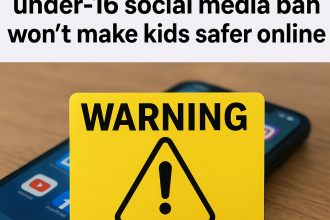Srinagar, July 25 — In a move that reflects the growing urgency to ensure digital spaces remain lawful and ethical, the Government of India has blocked access to 25 websites that were found violating key national laws. The Ministry of Information & Broadcasting (MIB) has issued directives to Internet Service Providers (ISPs) to take immediate action.
This isn’t just a regulatory step — it’s a message. A message that the digital freedom we enjoy comes with responsibilities, and those who misuse online platforms to spread obscene, indecent, or morally damaging content will be held accountable.
The blocked platforms include names like ULLU, ALTT, Big Shots App, Desiflix, Boomex, Wow Entertainment, Feneo, Hitprime, and ShowX, among others. These websites were flagged for hosting content in violation of the Information Technology Act, 2000, and other key legislations such as the Indecent Representation of Women (Prohibition) Act, 1986 and Section 294 of the Bharatiya Nyaya Sanhita, 2023.
What does this mean for the everyday user? Simply put, it’s a tightening of digital hygiene — a safeguard to protect citizens, especially youth and women, from exploitative or harmful content.
Section 67 and 67A of the IT Act particularly focus on sexually explicit content and obscene material, making the Government’s action a clear stand against digital vulgarity and indecency. These regulations are not just about censorship; they’re about creating a safe, respectful digital environment for all.
The MIB has also invoked Rule 7 of the IT Rules, which warns that any non-compliant platform will lose the legal immunity usually granted to intermediaries, making them vulnerable to legal action.
Under Part III of the IT Rules, OTT platforms and digital news publishers are required to follow a defined Code of Ethics. This ensures that all forms of media — whether entertainment or information — uphold the values of decency, integrity, and respect for Indian law.
This bold move by the Ministry underscores a critical truth: freedom of expression is protected, but not at the cost of public decency, security, or the exploitation of vulnerable groups.
As India’s digital landscape continues to expand, such decisive actions serve as reminders that accountability in cyberspace matters. The government isn’t just shutting down websites — it’s drawing the line between entertainment and exploitation.








